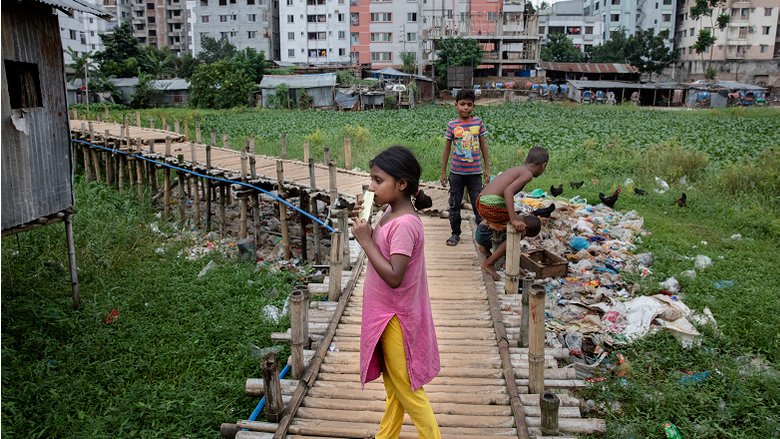Context
Around the world, waste generation rates are rising. In 2020, the world was estimated to generate 2.24 billion tonnes of solid waste, amounting to a footprint of 0.79 kilograms per person per day. With rapid population growth and urbanization, annual waste generation is expected to increase by 73% from 2020 levels to 3.88 billion tonnes in 2050.
Compared to those in developed nations, residents in developing countries, especially the urban poor, are more severely impacted by unsustainably managed waste. In low-income countries, over 90% of waste is often disposed in unregulated dumps or openly burned. These practices create serious health, safety, and environmental consequences. Poorly managed waste serves as a breeding ground for disease vectors, contributes to global climate change through methane generation, and can even promote urban violence.
Managing waste properly is essential for building sustainable and livable cities, but it remains a challenge for many developing countries and cities. Effective waste management is expensive, often comprising 20%–50% of municipal budgets. Operating this essential municipal service requires integrated systems that are efficient, sustainable, and socially supported.


